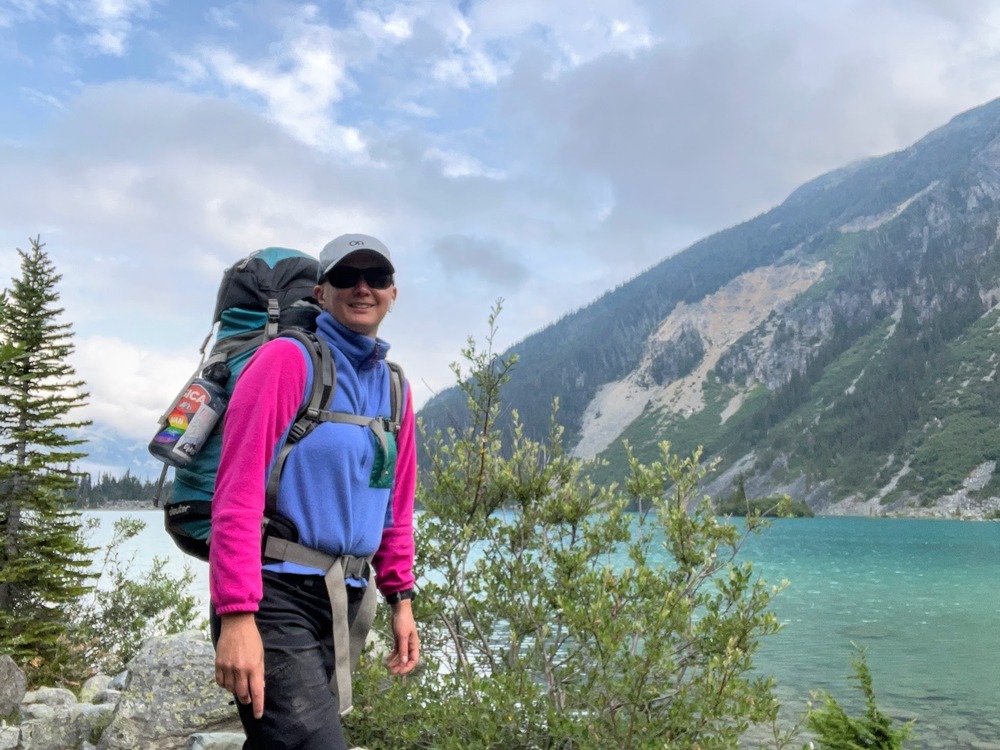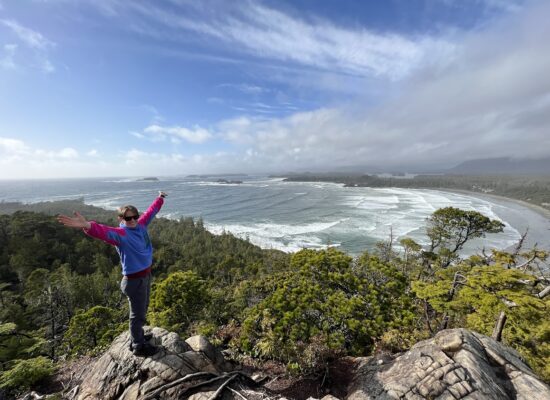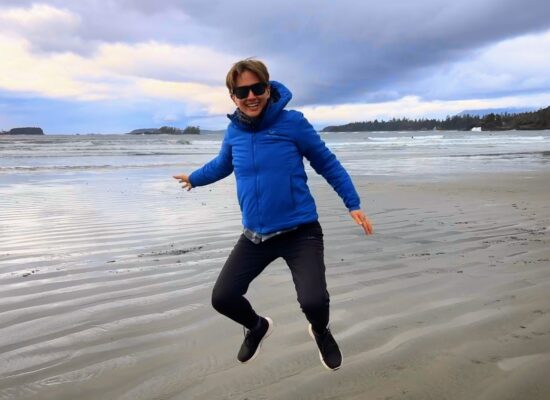
Yes, helpful
On this site, I review the strategies that helped me recover from long covid and chronic fatigue syndrome. See all long covid recovery posts.
This is for information purposes only and nothing I share should be considered medical advice. What works for me may or may not work for you. Please do your own research and consult with your own trusted medical professionals.
Content Warning: This one is very personal and also talks about some hard stuff (trauma, suicidal ideation), so it may or may not be for you right now!
My story
When I was a young teenager, I experienced a series of extremely traumatic events. I told a few kids my age, but they didn’t know what to say or do. I don’t blame them. Consent culture wasn’t a thing yet. Trauma therapy for sulky suburban kids also wasn’t a thing in the 90s.
Immediately after this trauma, I got mono (glandular fever). This is a infection caused by the Epstein Barr Virus (EBV). Now almost everyone has had mono, even if you don’t know you caught it. My infection was pretty bad. I had to miss the last weeks of school and a good part of my summer on bed rest due to extreme fatigue. Happy 16th birthday to me.
Fast forward to my early 40s and I got COVID for the first time. Everyone has had COVID at this point, so you may recall how extremely tired it made you feel. Instead of resting like a normal person, I behaved very strangely.
First of all, I didn’t rest. My fatigue made me feel like a trapped animal, and I had to get away. I went jogging while I was this exhausted, at the recommendation of my doctor. I also tried to throw myself into work. When I couldn’t get away from my fatigue with exercise or work, I became so anxious that I stopped sleeping more than an hour or two a night.
My breathing was high my chest and very rapid. Every muscle was so tight in my body. I was regularly dissociating. It felt like I was standing next to my body watching everything happen to it. And for the first time in my life, I really wanted to die. Then I would cry and cry because I didn’t really want to die, I just wanted to stop feeling so bad.
This was all in the first weeks after my infection. I didn’t even know that I’d have long covid for well over a year and a half. I just felt trapped and like I was going to die.
We now know that long COVID makes serotonin levels drop. Does this explain the extreme psychological effects COVID had on me? Or is something else?
I always had a hunch that my trauma history had something to do with it, perhaps even more than the virus itself. Once I started learning about mind body conditions and polyvagal theory, I realized my severe reaction to mono might have had more to do with the stress of the trauma I had just survived, rather than the virus itself.
And since having covid felt to me so much like having mono, well perhaps the same thing was happening again but on a much bigger scale.
Choosing to do trauma therapy (EMDR)
A friend heard about my long covid symptoms and mentioned that they sounded like PTSD. She told me how much EMDR had helped her. And this was a life-changing conversation. (This is also why I am sharing my story online in the hope it helps others!)
I didn’t have the energy to do trauma therapy for many months. I could barely stay awake for an hour, let alone talk about hard things. So I rested, meditated and did brain retraining. And when I felt ready, I started contacting counselors.
I picked my counselor because she was a short distance away and LGBTQ-friendly. And it turned out to be a dream fit from my perspective. She had already worked with people with chronic fatigue syndrome and knew the types of accommodations I would need.
She told me no promises, but some of her clients had recovered and were even rock climbing again! That sounded like an impossible fairy tale, but I decided to give it a try.
How EMDR works
EMDR is unlike any other type of talk therapy. The idea is that a traumatized person’s brain is like a disorganized cupboard. When you open the doors, everything falls out. EMDR helps you organize and clean everything up so when you open the cupboard, everything is neatly put away. And the bad memories are tucked up on a high shelf so you don’t have to look at them anymore.
At first, we talked about my life history so we could collect the memories and beliefs that I wanted to work with. Then my counselor had to make sure I had enough resources to handle talking about trauma without being overwhelmed. Since I was already in a general state of overwhelm, this took months.
You don’t start with the big scary traumas. You start with something pretty small, maybe just mildly spicy. You think about the target memory for a few seconds while doing something to take your conscious brain offline. This can be tapping your shoulders with opposite hands or other techniques. Then you take a deep breath and talk over what you noticed for a minute or two. Rinse repeat.
The first time I felt incredibly tired. But over the months, I started to feel less tired after each session. You usually have weird and vivid dreams for a few days, as your subconscious is putting those memories into long-term storage.
When I started trauma therapy I also had a huge crash. This was before EMDR even started. We were just getting to know each other. I don’t know why I had the crash, but my counselor and I both think just opening the door and peaking into trauma contributed. I kept going though and am so glad I did.
And the results
Like my counselor mentioned, I went rock climbing! It still makes me tear up to think about it.
This success wasn’t just from EMDR, but I know it played a huge role. (Check out all my long covid recovery posts, if you want to know some of the other things that helped me.)

I also have way fewer things that make me feel “unexplainably” anxious aka very triggered and not knowing why. This has led to me being a better listener. It’s also helped me speak up when I need to set boundaries.
EMDR is not easy and it takes a long time and a lot of money. You might feel worse before you feel better. But I think it’s worth considering for anyone with a trauma history — and that’s most of us with long covid or chronic fatigue syndrome.
Discover more from We Belong Outside
Subscribe to get the latest posts sent to your email.




